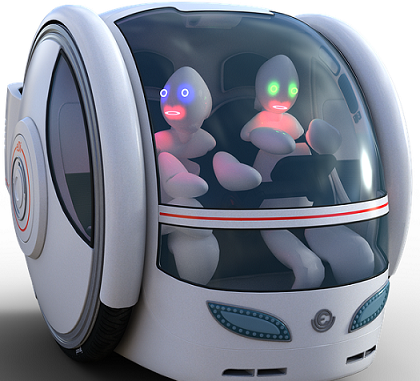
Views: 60
The hype about AI is uninterrupted. The potential applications of machine intelligence eventually appear as diverse as the human imagination. But you must stop here: does using innovative technologies really make sense for your own good?
MINAPIM by | Author / Kurt Salman What you need for Artificial Intelligence first, you already see today several times. There are proven frameworks and tools (TensorFlow, Caffe, Microsoft Cognitive …) with well-known algorithms (Linear Regression, Logistic Regression, Decision Tree …) – then the foundation to start. Fortunately, you also have employees who want to approach these topics with enthusiasm. Now what is the contribution of your company that is missing: the data. Have you ever wondered what data you want to include in an artificial intelligence and how they look? How reliable are your data?
High AI expectations
In the last two years, I have seen different companies in similar sectors define their data and when they talk about artificial intelligence. Media interest and competitive pressure mean that this and other similar keywords (deep learning, machine learning, …) are increasingly emerging in the SME environment.
First, let me clarify once and for all what we expect for all artificial intelligence (AI): We want to accelerate the calculations, estimates and data that are already being processed slow and inaccurate in AI awareness and check based on the more accurate, computer-based results fall back. We want to bring new discoveries, for example, to achieve greater customer satisfaction in the final result. With IoT, we want to connect these neural networks at the architectural level to achieve greater efficiency in our structures and processes. Ultimately, we want to remain competitive as entrepreneurs.
In industry, I am particularly impressed that the human factor or its decisions have the greatest impact on an AI. Although IT is about real data (databases, standardized geometric data types) and its analysis should shed some light on the darkness, in many industries we see machines in the industry that do not even have a network connection (this line is also positive to evaluate the German engineering and the “Made in Germany” seal).
The data that is provided to an AI is crucial to the follow-up processes developed with the result. See the classic example of contract manufacturing: here is a lot about the most accurate prices: imagine the following scenario (possibly one or another entrepreneur here again): For the same component / similar “X” stands:
Customer A 10% discount from the sales representative 1
Customer B 5% Off Sales Rep 2
Client C always pays a lot (say 30%)
Let’s go deeper: The sales team asks the production manager for duration, effort, and dependencies. Here is estimated by experience. (If you asked five experts, you would have five more evaluations).
Now you want to feed an AI with this data: You have the order processing (rudimentary in the ERP system or stored in PDF files) and stores the product models in the form of a geometry file. What do you think of how clever your neural network, which you want to artificially develop? Factors such as: fluctuation Business (diversity in estimates), development of machines (better data / efficient methods / maintenance intervals / more relevant data), new supplier (faster / slower) and others are not included here yet and rarely can be determined later.
Are you creating a neural network that is stupider than the intended AI, or just one that is a bit smarter than the classic non-IA process? Businesses should be cautious with these artificial assessments if you know what you typed in your data. Especially midsize businesses can quickly cost you six-digit, high sums.
Technology offers alternatives
If you want to focus primarily on AI for data analysis, you’ll notice the latest when competition for price war also has its own systems and individual structures to remember where your company lies. The competition starts with data quality, not with the use of innovative methods and technologies.
A suggestion for SMEs: Does not it make more sense to invest in modern infrastructure and modern business organization first? (If some are screaming for new machines: that does not mean (only)).
How about:
- machines in network chatting with each other (IoT)
- Data that can be centrally stored and evaluated granularly (cloud solutions)
- Automating Simple Processes – Promoting / Challenging Employees with Complex Topics
- Kanban boards that organize production and manage of projects own departments of research and / or development: where are we tomorrow?
- Corporate organization and philosophy, where employees feel comfortable (Recommendation: OKRs & Agile Values)
Technological modernization not only makes transparent what data has been collected so far, but also how many and which data have been neglected to date. From these findings, a company can determine much better for itself, where the use of AI is worth initially.
Finally, it should be noted that a machine can be better operated by a machine. The human factor, whether interpreted positively or negatively, is, however, the much greater intelligence that variability brings with it, to imagine or execute the next steps of a process in much more diverse ways. A machine, on the other hand, can perform trained steps more quickly and efficiently, almost perfectly. It is no wonder that people experience monotonous work processes as not fulfilling anyway, which sounds like a win-win situation for man and machine. Consequently, it must be considered, on a case-by-case basis, whether the use of artificial intelligence makes sense or not.
Leave a Reply